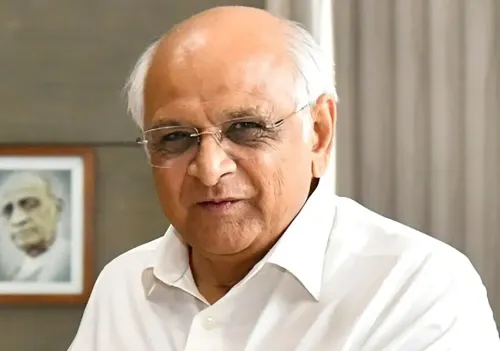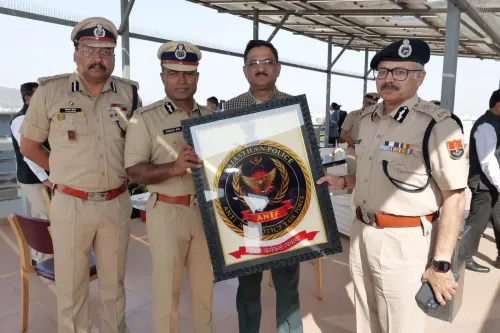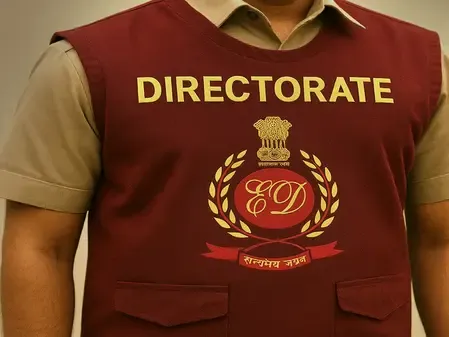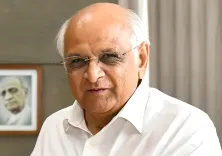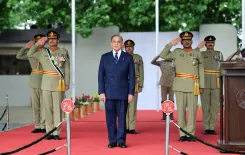Telangana Assembly Approves Bill for SC Sub-Categorisation
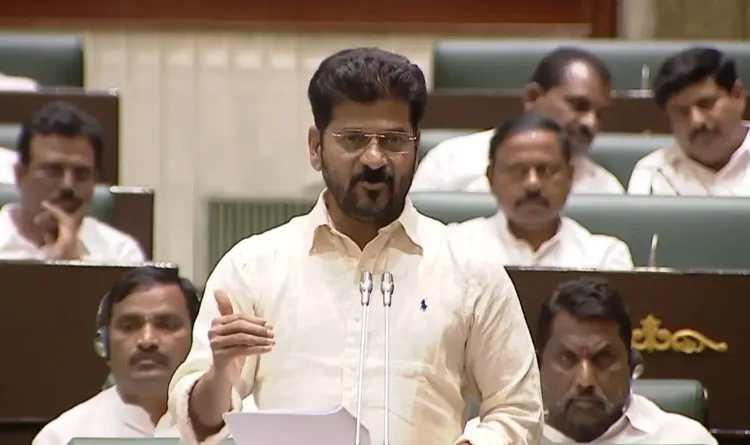
Synopsis
Key Takeaways
- Telangana Assembly passes Bill for SC sub-categorisation.
- Bill aims at equitable reservation distribution.
- 59 SC communities divided into three categories.
- Chief Minister advocates for increased SC reservation.
- Legislation does not alter the Constitution's provisions.
Hyderabad, March 18 (NationPress) The Telangana Assembly passed a Bill on Tuesday aimed at the sub-categorisation of Scheduled Castes (SCs) to ensure equitable distribution of reservations in accordance with a ruling from the Supreme Court last year.
The Telangana Scheduled Castes (Rationalisation of Reservations) Bill, 2025 was unanimously adopted following a voice vote, with backing from all political parties.
This legislation categorizes 59 SC communities in the state into three distinct groups to implement the 15 percent reservation for SCs. It allocates 1 percent reservation to 15 SC communities identified as the most socially, economically, and educationally disadvantaged, representing 3.288 percent of the total SC population.
Group-II, which includes 18 communities making up 62.748 percent of the SC population, is set to receive 9 percent reservation. Meanwhile, the third category, comprising 26 considerably benefited SCs that account for 33.963 percent of the SC population, will be granted 5 percent reservation.
The Bill aims to rectify inequalities in status, amenities, and opportunities, not only among individuals but also across groups, ensuring that SCs, which represent the most marginalized classes, achieve collective and consistent progress. Importantly, the legislation does not alter or interfere with the Constitution (Scheduled Castes) Order 1950.
Chief Minister A. Revanth Reddy described the Bill's passage as a landmark step towards social justice.
He acknowledged the request from several members to boost the SC reservation from 15 percent to 18 percent. He assured the Assembly that the government would adjust the SC quota in line with their population after the 2026 census. Currently, the state's population data is based on the 2011 census.
Revanth Reddy emphasized that the push for SC sub-categorisation has been ongoing for 30 years.
He recalled that immediately following the Supreme Court’s ruling, the state government took swift action to implement it.
A Cabinet sub-committee led by Irrigation Minister Uttam Kumar Reddy was established to investigate the matter and provide recommendations. Based on their advice, a one-person Commission chaired by former high court judge Shameem Akhtar was appointed.
This Commission gathered comprehensive data on population, literacy, employment, admissions, recruitment, financial aid, and political representation concerning the 59 sub-castes under SCs from various departments and agencies. It proposed categorising SCs into three groups along with suggested reservation percentages for each.
The government accepted the Commission's report, which was presented in the Assembly on February 4.
Health Minister Damodar Raja Narasimha, who introduced the Bill on behalf of the Chief Minister, stated that its drafting was aligned with the principles of the Supreme Court’s judgment emphasizing the need for preferential treatment of disadvantaged groups within SCs.
He remarked that the sub-categorisation was based on empirical data as mandated by the Supreme Court. He refuted claims made by some individuals suggesting that the sub-categorisation adversely affected a significant number of SC individuals.
The Minister clarified that only 1,78,914 people, representing 3.43 percent of the total SC population of 52,17,768, were impacted by the sub-categorisation.

